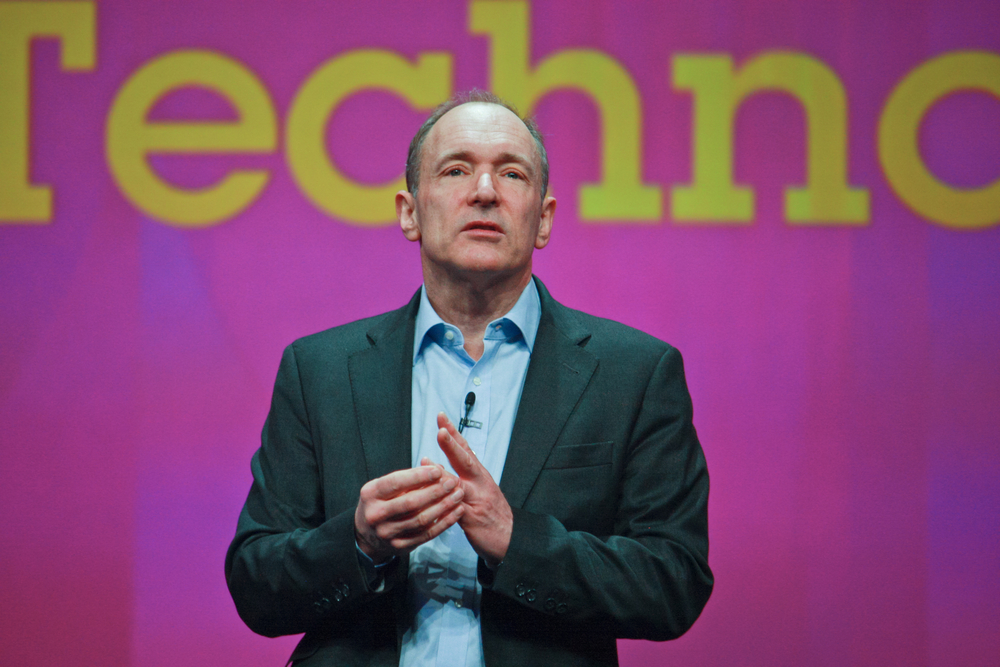Tim Berners-Lee Pinpoints the Internet's Biggest Issues
Today is the web's 30th birthday. Sir Tim Berners-Lee, the inventor of the World Wide Web, commemorated the occasion with a blog post on the World Wide Web Foundation website in which he identified some of the web's greatest problems.
Berners-Lee said that half the world is now online, which is quite the accomplishment considering the web's only been around for three decades. But he's not content with that figure. He wants everyone to be online--and also wants to establish rules for how the web is used.
These are the three main problems Berners-Lee said the web must face as it celebrates this milestone:
1. Deliberate, malicious intent, such as state-sponsored hacking and attacks, criminal behavior and online harassment
2. System design that creates perverse incentives where user value is sacrificed, such as ad-based revenue models that commercially reward clickbait and the viral spread of misinformation
3. Unintended negative consequences of benevolent design, such as the outraged and polarized tone and quality of online discourse
Those sound like the technological equivalents to solving world hunger, eradicating all forms of cancer and making pigs fly. But Berners-Lee seemingly isn't deterred, though. He wants to help address these problems with a new Contract for the Web. That contract would bring governments, companies and ordinary people together to improve the web.
Get Tom's Hardware's best news and in-depth reviews, straight to your inbox.
"The Contract for the Web must not be a list of quick fixes but a process that signals a shift in how we understand our relationship with our online community," Berners-Lee said. "It must be clear enough to act as a guiding star for the way forward but flexible enough to adapt to the rapid pace of change in technology. It’s our journey from digital adolescence to a more mature, responsible and inclusive future."
Work on the Contract for the Webactually started at Web Summit in Lisbon in 2018. The World Wide Web Foundation compiled a list of three principles each for governments, companies and citizens to follow so we can have the web we want. The contract is expected to be completed in 2019.
For a slightly more fun celebration of the web's 30th birthday, check out the emulated version of the WorldWideWeb app that CERN released in February. (well, to the public. The app was originally used inside CERN in 1989 and 1990).

Nathaniel Mott is a freelance news and features writer for Tom's Hardware US, covering breaking news, security, and the silliest aspects of the tech industry.
